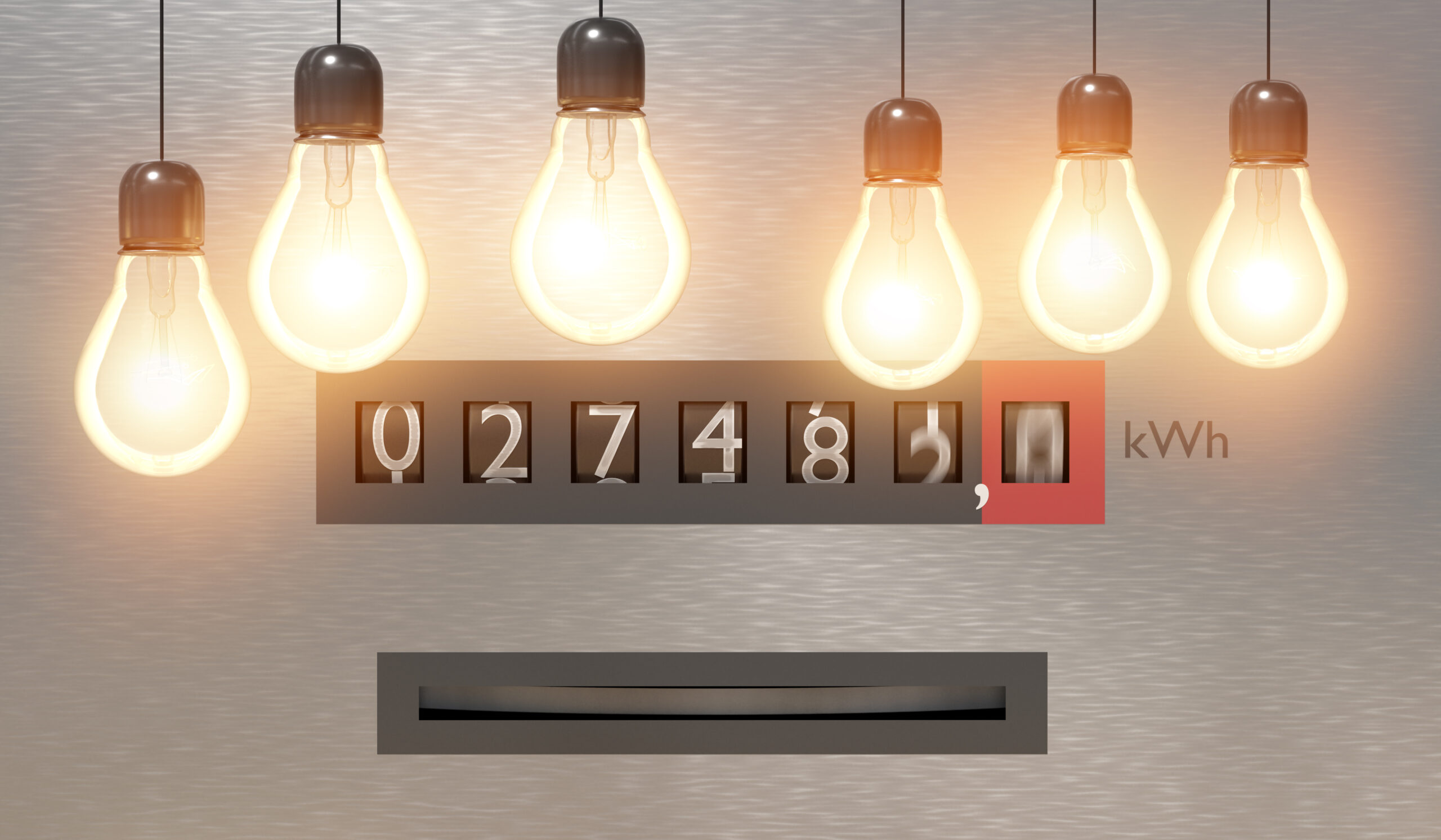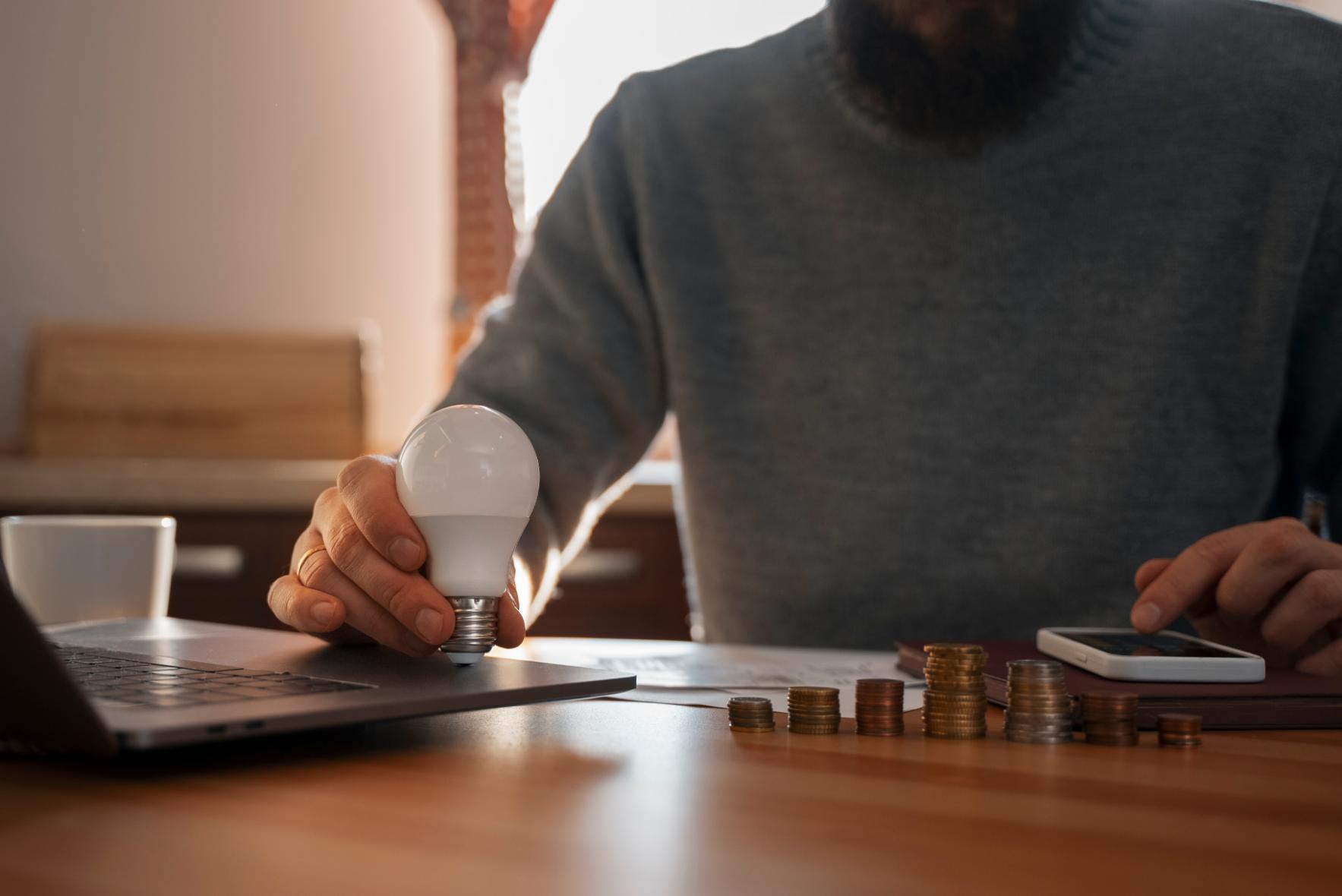Australia is known for its beauty and high energy costs. Energy costs are now a significant financial burden. Australian households spend over $1,500 annually on electricity and gas bills. Australians are looking for ways to reduce their energy bills.
We investigate why reducing energy usage is essential and outline tips to reduce electricity and gas usage to help you save on power bills.
Why Is It Important?
Saving money
- The cost of living is increasing, and Australians are increasingly conscious of their expenses. Utility bills make up a significant portion of living costs; reducing energy costs saves you money.
Finding ways to reduce electricity usage goes beyond saving money.
Helping the Environment
- Traditional electricity contributes to greenhouse gas emissions. Reducing energy consumption helps reduce your carbon footprint, allowing Australia to reach emissions targets and positively impact the environment.
Tips for Saving on Electricity Bills
But how can you reduce your energy usage?
LED lights
- LED lights require 80% less energy than traditional light bulbs and last up to 25 times longer. These bulbs save money on your energy bill and reduce the replacement frequency, resulting in extra cost savings. LED bulbs come in various colours and shapes, making them an easy switch.
Energy Efficient Appliances
- Considering energy-efficient appliances is crucial. Many modern appliances have energy-star ratings, indicating adherence to strict energy efficiency standards set by the government. While energy-efficient appliances have upfront costs, their long-term savings are worthwhile.
Natural light and ventilation
- Utilise natural light and ventilation. Open your blinds/curtains and make use of natural light. Open windows and use fans instead of relying on air conditioning. Taking advantage of the sunlight and breezes will reduce energy usage and bills while reducing your carbon footprint.
Solar Power
- Consider solar energy; solar panels allow you to harness your energy, reducing reliance on the energy grid and your carbon footprint. While they may have upfront costs, the government has ongoing solar incentives and rebates.
- Additionally, the Australian government maintains solar feed-in tariffs (Solar FIT); you get paid for any unused energy you produce.
Understanding Your Energy Usage
- Monitor your energy usage and identify your usage habits. Understanding your energy consumption habits allows you to find a provider offering cheaper energy rates during peak times.
- Additionally, consider investing in a smart meter; these provide real-time energy usage tracking. Many providers also offer apps or online programs to monitor energy usage and bills.
Unplug Electronics
- Turned off electronics can consume energy. Turn off and unplug your electronics to ensure you are not wasting energy. These small savings can add up.
Thermostat
- Heating and cooling accounts for a significant portion of home electricity bills. Adjusting your thermostat a couple of degrees can save you money. Modern thermostats can automatically adjust temperatures—making them a great money-saving option.
Cold Water for Laundry
- Using cold water for laundry does more than prevent you from damaging clothes. Heating water for laundry is a significant household cost. Swap to cold-water washing and consider air-drying laundry to reduce dryer costs.
Energy Audit
- If you’ve tried it all but are still concerned about your energy usage, hire a professional to conduct an energy audit. An Energy Audits identify areas where energy is wasted. Professionals then provide recommendations for reducing energy usage.
Switch Providers
- The energy market in Australia is competitive. Ensure you are on the cheapest energy plan available and consider switching energy providers—research local energy providers to see what is available in your area. Make sure you consider a variety of providers and compare prices to the Default Market Offer or Victoria Default Offer.
- Additionally, if you are in the market for gas, electricity and an NBN plan, consider providers who offer bundling. Some things to look at:
- Usage charges and usage rates
- Standing offers
- Alternative energy plans
- Renewable Energy plans
- Daily supply charges
- Potential exit fees
- Electricity tariffs
- Customer service
- Solar power and Solar FIT
Re-cap
By implementing some or all of the tips above, you can reduce energy consumption, driving down energy costs and electricity bills.
There is a lot to consider, and knowing what to do and how to do it can be overwhelming. The energy market in Australia is saturated, so finding the right energy provider is challenging.
We understand that finding the cheapest energy provider is a priority for many Australians. To simplify this process, we suggest using an energy comparison service. Energy comparison companies streamline the processes, helping to match you with the best energy provider.
Utility comparison companies like Cheap Bills work with a panel of preferred electricity providers. They assess your energy needs and individual preferences, match you with the best provider, and find great electricity deals.
Cheap Bills prides itself on helping Australians save money on their bills.
Visit our website and use our FREE comparison tool: https://www.cheapbills.com.au/. Or contact us at 1300 786 045
Our current panel or preferred energy providers include:
Internet bills and telecommunications are also significant costs. Cheap Bills can help you find cheap NBN plans and match you with a great NBN provider.
Our current panel of NBN and Internet Providers include:
Don’t miss out on potential savings; let us help you save money on your utility bills.
About the Author:
Raised in far North Queensland, Elsie moved to Melbourne, Victoria, ten years ago and hasn’t looked back. She has a degree in business and communications. Elsie is passionate about transparent communication, loves research, and enjoys helping people understand the utility comparison industry.








